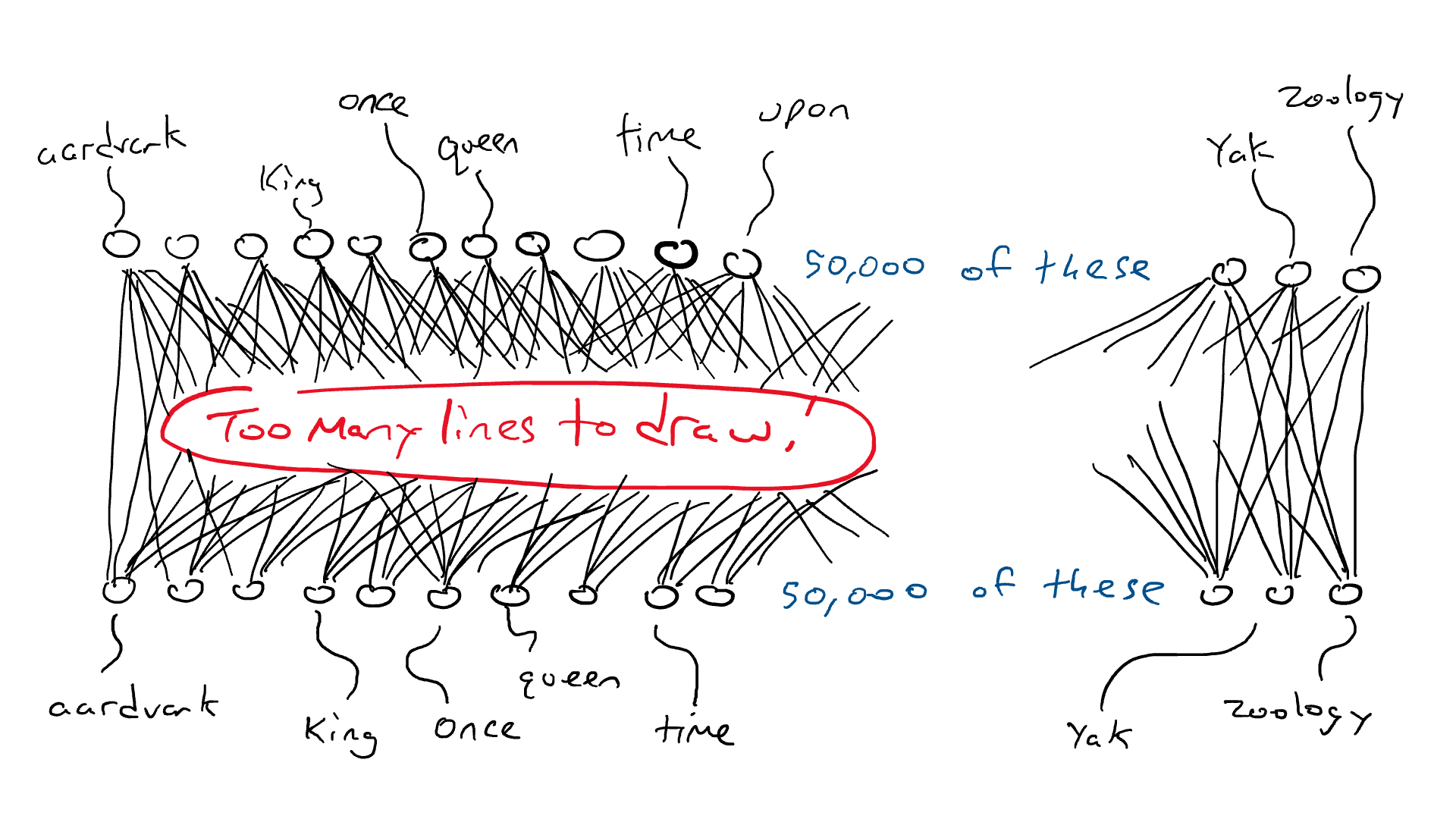Imagine stepping off a plane in Shanghai, the neon lights blurring into the humid night. You're tired, jet-lagged, and your Mandarin is… rudimentary. Suddenly, the seemingly simple task of checking into your lodging becomes a linguistic tightrope walk. This is where the power of knowing how to say and use “hotel” in Chinese – 酒店 (jiǔdiàn) – becomes invaluable. It's more than just a word; it’s your gateway to a smoother, more immersive travel experience.
酒店 (jiǔdiàn), pronounced jee-oh-d-yen, is the cornerstone of your Chinese accommodation vocabulary. But the linguistic landscape surrounding Chinese hotels extends far beyond this single term. From booking platforms like 携程 (Xiéchéng, Ctrip) to understanding room types like 标间 (biāojiān, standard room) or 套房 (tàofáng, suite), navigating the world of Chinese hospitality requires a deeper dive into the language. This guide will equip you with the essential vocabulary and cultural insights to make your next trip to China a linguistic and logistical triumph.
The concept of formalized lodgings has existed in China for centuries, evolving alongside trade routes and cultural exchanges. While the modern "hotel" as we know it is a relatively recent import, traditional Chinese inns and guesthouses played a similar role, offering travelers rest and respite. The adoption of 酒店 (jiǔdiàn) reflects this evolution, merging traditional hospitality with modern conveniences. Understanding this historical context enriches your understanding of Chinese hospitality culture.
The importance of understanding hotel-related terminology in Chinese cannot be overstated. It empowers you to communicate your needs effectively, navigate booking platforms, and engage with hotel staff confidently. Beyond the practical benefits, mastering this vocabulary demonstrates respect for local culture and opens doors to deeper connections with the people you meet. It's a crucial step towards transforming your trip from a simple vacation into a genuine cultural immersion.
One common challenge travelers face is distinguishing between different types of accommodation. While 酒店 (jiǔdiàn) generally refers to hotels, other terms like 旅馆 (lǚguǎn, guesthouse) or 宾馆 (bīnguǎn, also meaning hotel but often simpler) exist. Understanding these nuances helps you refine your search and choose the lodging that best suits your needs and budget. Knowing how to use phrases like “我想预订一个房间” (wǒ xiǎng yùdìng yīgè fángjiān, I want to book a room) further streamlines the booking process.
One benefit of learning hotel-related Chinese is the ability to negotiate better rates or request specific amenities. Imagine being able to ask for a room with a view (可以看到风景的房间, kěyǐ kàndào fēngjǐng de fángjiān) or inquire about late check-out (延迟退房, yánchí tuìfáng) in fluent Mandarin. This level of communication can significantly enhance your travel experience.
Another benefit is the increased independence and confidence it fosters. No more relying on translation apps or struggling to communicate your needs. Being able to navigate the complexities of Chinese hotels empowers you to explore off-the-beaten-path destinations and engage with local culture on a deeper level.
Finally, learning even basic Chinese related to hotels shows respect for the local culture and can lead to more positive interactions with hotel staff and other locals. This small effort can go a long way in creating a more meaningful and enriching travel experience.
Advantages and Disadvantages of Knowing Hotel-Related Chinese
| Advantages | Disadvantages |
|---|---|
| Improved communication with hotel staff | Time investment required to learn the vocabulary |
| Greater independence and confidence while traveling | Potential for miscommunication if pronunciation is incorrect |
| Ability to negotiate better rates and request specific amenities | May not be necessary in large international hotels |
Start by learning basic phrases like “酒店” (jiǔdiàn), “房间” (fángjiān, room), and “预订” (yùdìng, book). Practice these phrases regularly until you feel comfortable using them. Then, gradually expand your vocabulary to include terms related to room types, amenities, and services.
For those seeking a truly immersive experience, consider staying in a traditional Chinese guesthouse. This offers a unique opportunity to experience local culture and practice your newly acquired language skills. Remember, the journey of learning Chinese is ongoing. Embrace the challenges and celebrate the small victories along the way.
In conclusion, mastering Chinese hotel vocabulary, beginning with the fundamental term 酒店 (jiǔdiàn), unlocks a world of possibilities for travelers in China. It empowers you to navigate the intricacies of booking, checking in, and requesting services with confidence and ease. Beyond the practical benefits, learning this vocabulary fosters deeper cultural understanding and enriches your overall travel experience. So, embark on this linguistic journey, and transform your next trip to China into a truly immersive adventure. By taking the time to learn even basic phrases, you are demonstrating respect for the local culture and paving the way for a more meaningful and rewarding travel experience. Start learning today, and open the door to a richer, more connected journey through China.
Ea fc 24 beta release date everything you need to know
The ultimate showdown of wits exploring epic verbal battles
Understanding the gs 9 pay scale
RecLLM Leveraging Large Language Models in Conversational Recommender - Khao Tick On
Hi Regan thanks for reaching out Sure id love to have the article - Khao Tick On
hotel in chinese language - Khao Tick On
Image related to shared language - Khao Tick On
Hero Academia Characters My Hero Academia Manga Sketch Inspiration - Khao Tick On
Worksheets Listening Test Starters Appearance Language English - Khao Tick On
Largest Animals Types Of Animals Animals Of The World Large Animals - Khao Tick On
I made an AI sticker of Futuristic Chinese City - Khao Tick On
Sign Language Interactions Ltd - Khao Tick On
Chinese Medicine PNG Image Sun Simiao Chinese Medicine Chinese - Khao Tick On
the arabic language worksheet is shown in black and white with an - Khao Tick On
hotel in chinese language - Khao Tick On
Language settings play icon - Khao Tick On
What Is The Most Spoken Native Language On The Continent Of Africa - Khao Tick On
hotel in chinese language - Khao Tick On













